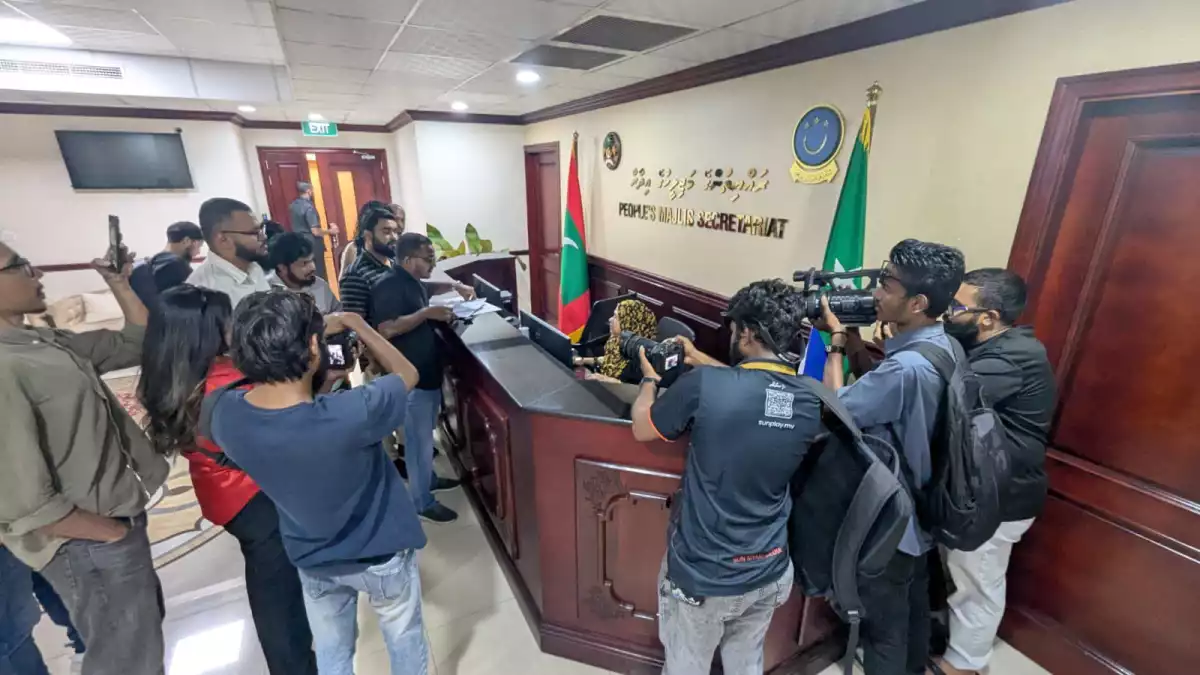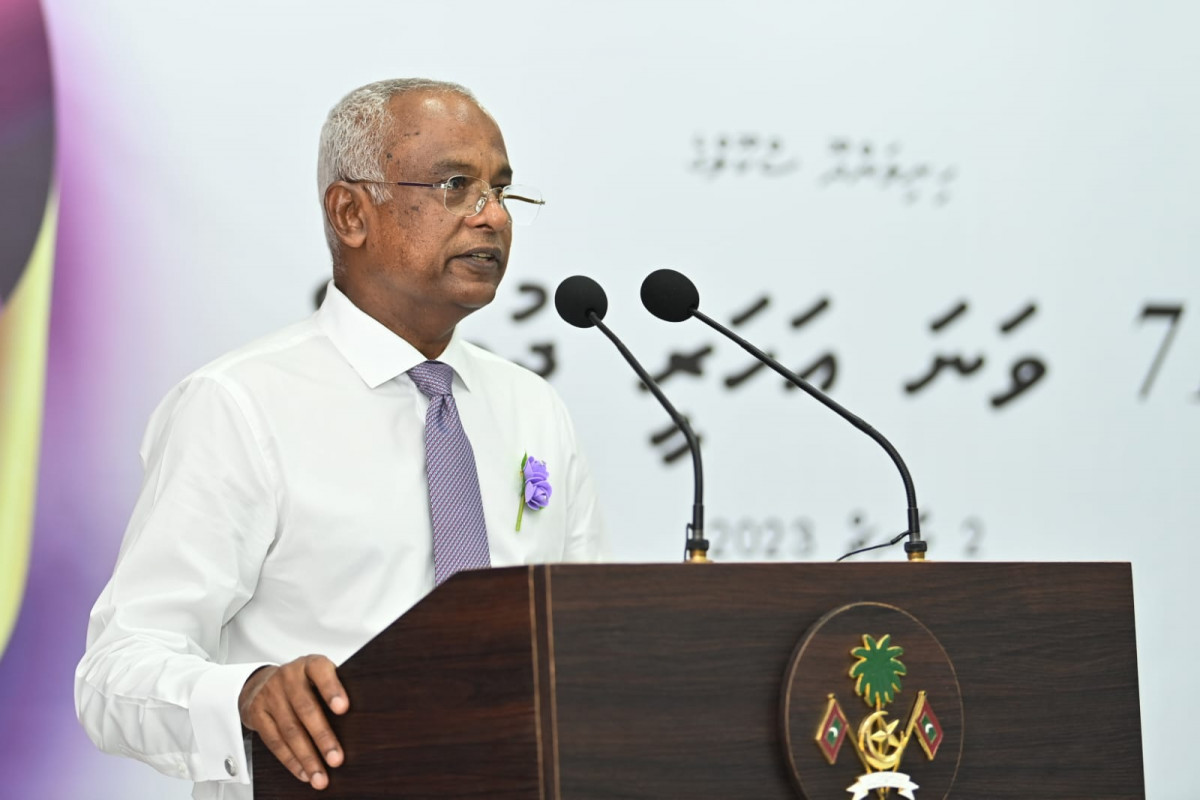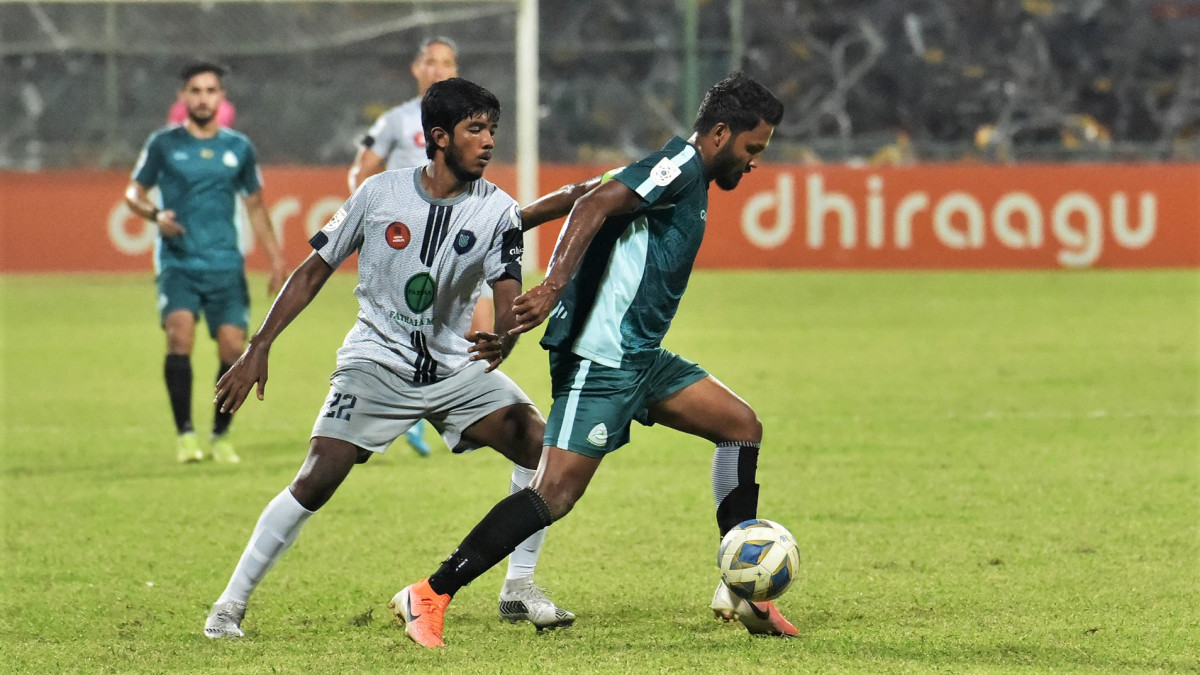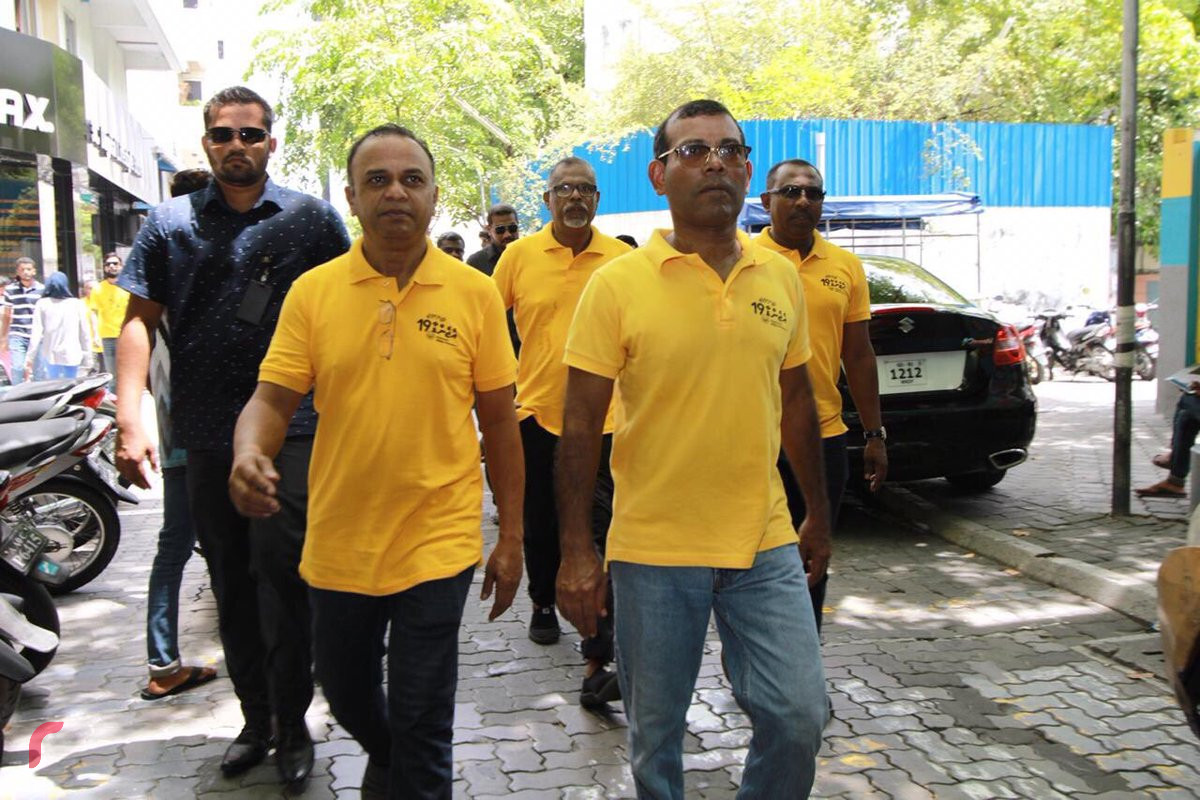151 journalists sign petition urging Majlis, Pres. to reject controversial media control bill
151 journalists from 41 media organizations in Maldives petition against a government-proposed media bill threatening press freedom


Petition submitted, calling to withdraw media control bill. 03.09.2025.
A petition signed by 151 journalists has been submitted to both the People’s Majlis and the President’s Office, calling for the rejection of a government-proposed bill widely criticized for threatening media independence in the Maldives.
The petition was signed by journalists from 41 media organizations operating in the island nation, along with several freelance journalists. It was formally submitted to the People’s Majlis by MP for Velidhoo constituency Mohamed Abbas. A separate submission was made to the President’s Office, urging President Dr. Mohamed Muizzu against ratifying the bill, even if it is passed by the parliament.
The proposed legislation is currently under review by parliament’s Independent Institutions Committee, with a deadline set for September 15. Journalists have already appeared before the committee, directly appealing for the bill’s rejection. Despite these appeals, Attorney General Ahmed Usham stated on August 28 that there is "no reason" to reject the bill, further heightening concerns within the media community.
The bill proposes the creation of a new regulatory body, the Maldives Media and Broadcasting Commission, which would dissolve the existing Maldives Broadcasting Commission and Maldives Media Council. The new seven-member commission would include three presidential appointees, while the remaining four would be elected by media organizations.
Critics point out that the bill lacks justification for allowing presidential appointees to a body intended to regulate independent media. In addition to this, it restricts eligibility for commission membership to media outlets that have been in operation for at least five years, a clause many see as arbitrary and exclusionary. The president would also have the authority to appoint the commission’s chairperson, further consolidating executive control.
Media professionals, journalist associations, and opposition political parties continue to raise alarms about the bill, warning that it could pave the way for increased political interference and the erosion of press freedom in the Maldives.






